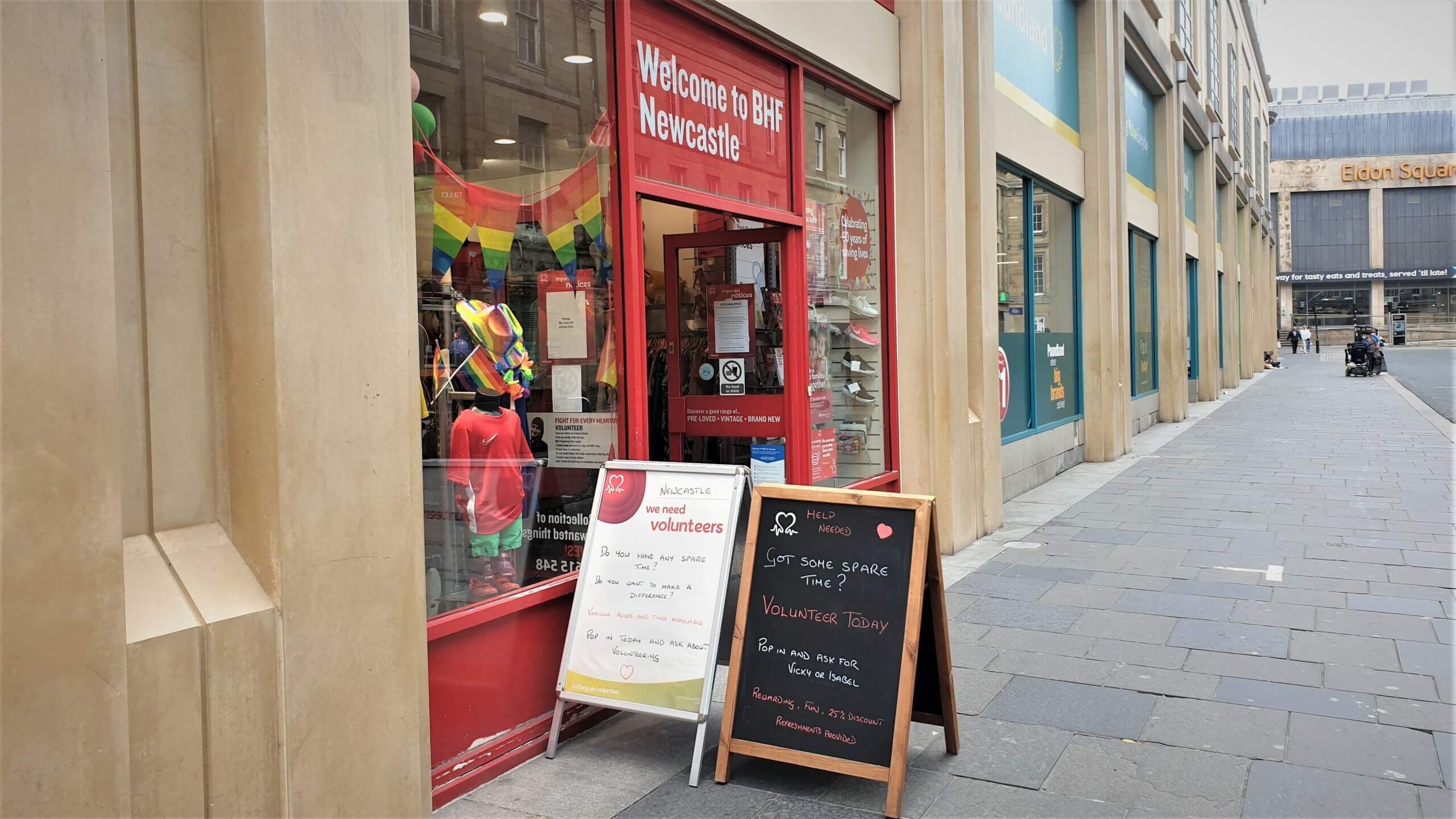
COVID-19 could spread faster in Sunderland under the government’s new anti-virus plan, one of the city’s major venue owners warned today.
Lorraine Griffiths, owner of Ttonic, Glitterball, The Point, Chaplins and Live Lounge music venue, said forcing all licensed premises to shut their doors at 10pm would flood the streets with more revellers than the staggered closing times of different venues under current rules.
“It would have been better to stagger closing hours of bars rather than have them all close at 10pm,” she said.
“I think of it like an airport. Not all flights set off at the same time. They’re staggered so that not everyone is checking in or going through security at the same time. What happens now is that everyone ends up on the streets at 10pm.”
Boris’s six pack
Her comments came as Prime Minister Boris Johnson announced the government’s latest anti-virus plan, a package of six measures designed to prevent the spread of coronavirus across the UK, less than a week after the North East went into a mini-shutdown.
Now, across the whole country from Thursday all pubs, bars and restaurants will have to shut their doors at 10pm, and offer table service only – the same measures introduced in Sunderland only a few days ago.
Mr Johnson announced the new measures to the House of Commons – and reversed his encouragement to people to go to work. The new nationwide measures are:
- Table service only in pubs, bars and restaurants, starting Thursday (September 24);
- 10pm closing (as opposed to last orders) for all licensed premises in the hospitality sector;
- An extension of the requirement to wear face masks, to include shop workers, all users of taxis and any customers in hospitality venues – with a doubling of the fine for failing to do so, to £200 for a first offence;
- Making Covid-secure guidelines a legal requirement for the entire retail and hospitality sectors;
- Extending the ‘rule of six’ principle to limit all weddings and receptions to 15 people, and funerals to 30 mourners, as well as applying the ‘rule of six’ to all adult indoor team sports;
- Cancelling the planned October 1 re-opening to spectators of football matches and other large sporting events, as well as major conferences and other large gatherings.
Making reference to the “brazen” breaches of the rules so far by some people, Mr Johnson told MPs the government was trying to tread a rational course between the extremes of taking no action and total lockdown, but warned: “If all our actions fail to bring the R number below one, we reserve the right to deploy greater firepower, with significantly greater restrictions.”
Jobs threat
Mrs Griffiths said some of her businesses were already losing “up to five hours a night” and some were closed as a result of the existing restrictions – which she said was becoming a threat to jobs.
“With regards to closing at 10 o’clock, we have already had to cut down on staff hours and security. It’s definitely having an effect on how much we can pay people,” she said.
“Even though the restrictions started locally on Thursday, it hasn’t affected us massively yet, but it will in the long-run. One of our venues we have had to re-vamp and we will be opening it differently to how it was open before. It’s difficult, but we understand that this has to happen.”
The Prime Minister signalled a hardening of the government’s approach to fines, by announcing fines of up to £10,000 on those who fail to self-isolate when ordered to do so – and warning that businesses breaking Covid rules would face the same punishment.
He added: “After six months of restrictions it would be tempting to hope that the threat has faded and take comfort in the belief that if we have avoided the virus so far, we are somehow immune … it is that kind of complacency which could be our undoing.”
“If we fail to take action now, we not only jeopardise our own futures, but those of others.”
Labour leader Keir Starmer welcomed and supported the government’s measures, but said the PM could expect to face “challenging questions” as the scenario plays out over the weeks to come – but added that while robust criticism across the House of Commons was necessary, the national interest came first.



